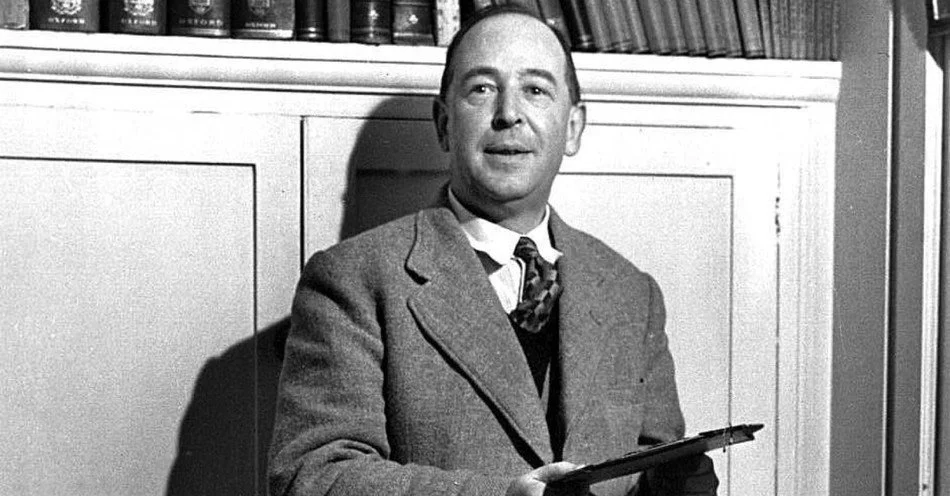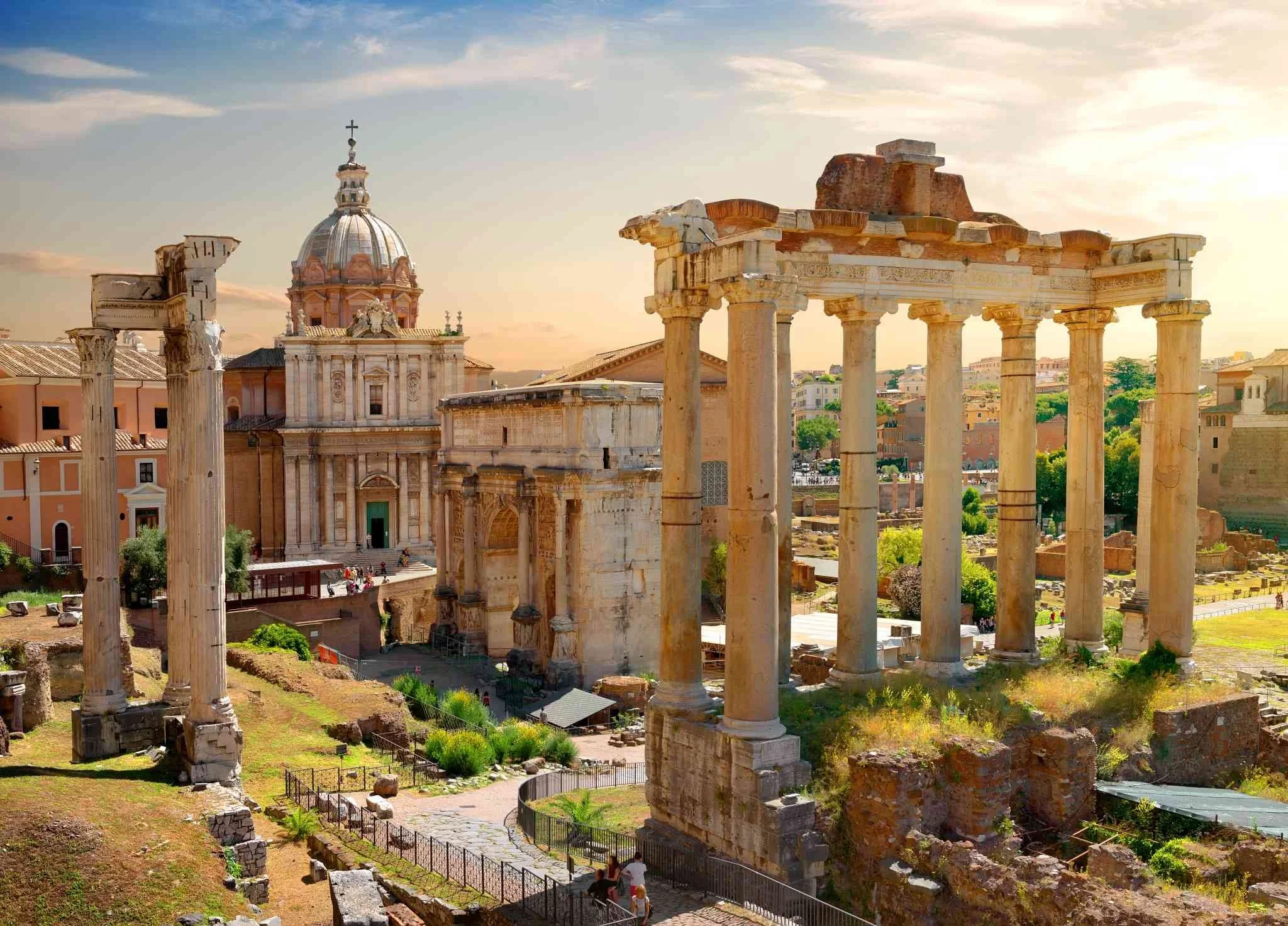
Classical
Our students read Great Books that help them grow in virtue.
If all the world were Christian, it might not matter if all the world were uneducated. But, as it is, a cultural life will exist outside the Church whether it exists inside or not. To be ignorant and simple now – not to be able to meet the enemies on their own ground – would be to throw down our weapons, and to betray our uneducated brethren who have, under God, no defense but us against the intellectual attacks of the heathen. Good philosophy must exist, if for no other reason, because bad philosophy needs to be answered. The cool intellect must work not only against cool intellect on the other side, but against the muddy heathen mysticisms which deny intellect altogether. Most of all, perhaps, we need intimate knowledge of the past. Not that the past has any magic about it, but because we cannot study the future, and yet need something to set against the present, to remind us that the basic assumptions have been quite different in different periods and that much which seems certain to the uneducated is merely temporary fashion. A man who has lived in many places is not likely to be deceived by the local errors of his native village; the scholar has lived in many times and is therefore in some degree immune from the great cataract of nonsense that pours from the press and the microphone of his own age. -C. S. Lewis
Intellectual Formation in the Great Books
As a Classical school we read the classics, the Great Books that have withstood the test of time. Younger students read books like Owls in the Family, The Chronicles of Narnia, and Carry on Mr. Bowditch while our older students read Plato, Plutarch, Dante, and Dostoevsky.
We take a Classical approach to the books we read. Our goal is not simply that students would memorize facts from books so that they can pass tests, but rather that the things they read would form them. Consider a body builder—no one becomes strong without work. In the same way, no one becomes morally or intellectually strong without work. The goal of Classical Education is first and foremost to form students morally and intellectually.
In regard to intellectual formation, a Classical Education utilizes the Liberal Arts to help students to become people that have a broad understanding of the world around them, that are able to think critically about it, and are able to communicate their thoughts clearly and winsomely.
This may seem impractical in a world dominated by technique and technology, but an education grounded in the Great Books is the best way to prepare our children for a rapidly changing world. No one knows what the future holds. Giving our children a sound understanding of the past, learning how their ancestors triumphed and failed, is the best way to equip them for the unknown challenges they will face.
Forming people of virtue.
Our ultimate goal is not to graduate students that know or can do certain things, but rather people that are a certain way—people of faith, virtue, and character that love and value what is true, good, and beautiful. We want our students to become parents that will love, care for, and instruct their children; workers that are dependable, reliable, and innovative; neighbors that are hospitable, generous, and kind; citizens that are wise and courageous; and Christians that love sacrificially, lead humbly, and serve God faithfully.
To do this it is not enough to simply give children a list of “dos and don’ts”; students need to be shown that virtue is not only right, but it is true and good. Moral formation occurs primarily through the stories our students read. Our students read moving examples of honesty, integrity, courage, and sacrifice that fire their moral imagination towards imitation.


